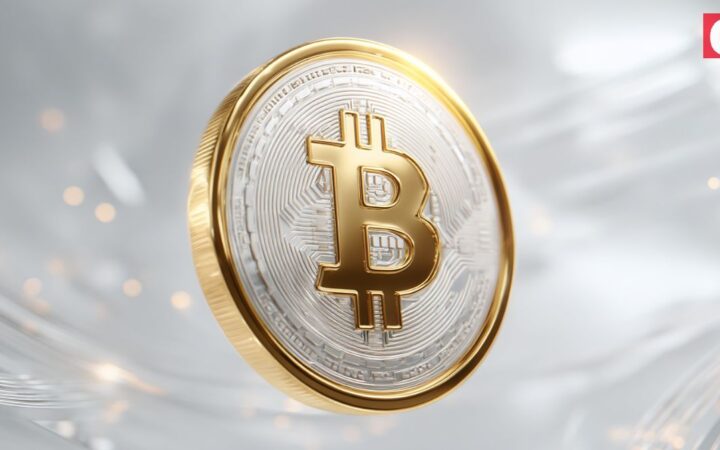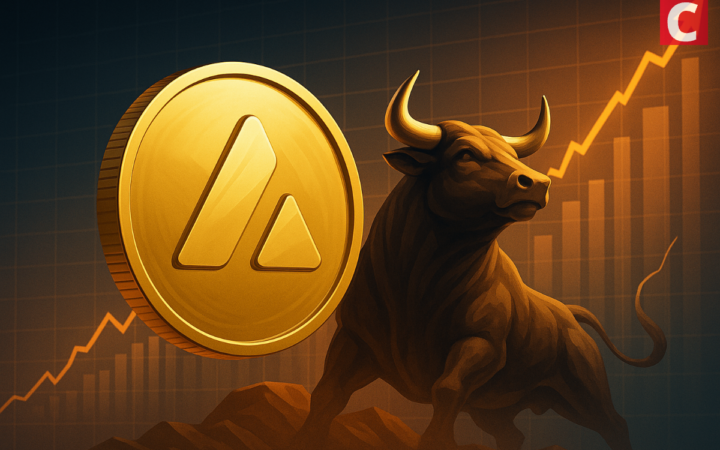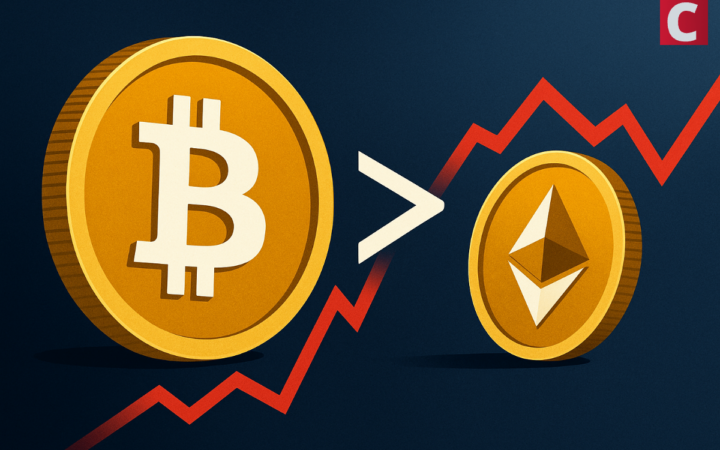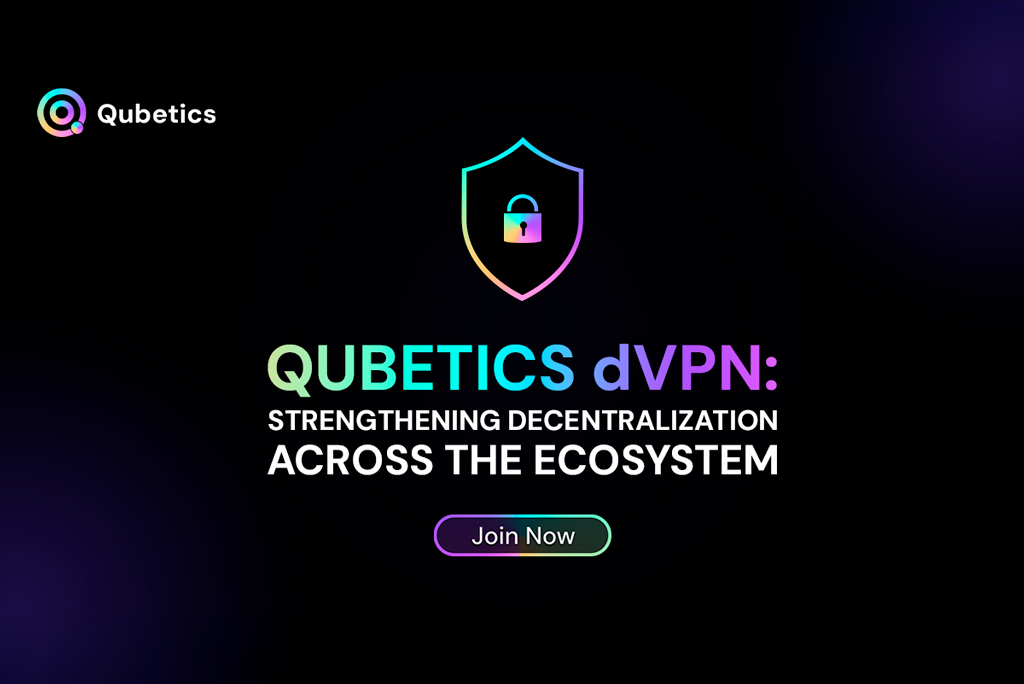
Exclusive Guide: 8 Best Cryptos To Buy with 10x Potential in 2024 – Don’t Wait
/Qubetics/ – The cryptocurrency landscape continues to evolve, with each platform offering unique capabilities that push the boundaries of decentralisation, scalability, and security. While major networks like BNB, Ethereum, Bitcoin, and Avalanche have set foundational standards, emerging projects like Celestia, Bitcoin Cash, and Bittensor explore niche applications such as modular data scalability, faster transactions, and decentralised AI. Meanwhile, Qubetics is innovating within Web3 by introducing a decentralised VPN (dVPN) service. This service prioritises security, privacy, and resistance to censorship, providing users with a truly unrestricted internet experience. Here’s a closer look at each platform’s core strengths and how Qubetics’ dVPN adds a valuable dimension to the decentralised ecosystem.
Qubetics: Introducing a Decentralized VPN (dVPN)
As part of its comprehensive Web3 infrastructure, Qubetics is set to introduce a decentralised VPN (dVPN) service to enhance user security, privacy, and internet accessibility. Unlike traditional VPN providers that operate centrally and may log, restrict, or censor user activity, the Qubetics dVPN operates on a decentralised, peer-to-peer network. This blockchain-powered VPN ensures that no single authority can control user traffic or data, providing transparent, censorship-resistant, and private access to the internet.
Qubetics is currently in Presale Phase 6, offering its $TICS token at $0.0175692. So far, Qubetics has raised over $1.55 million from 1,200 holders, with 140 million tokens sold. At this stage, an investment of $200 could yield significant returns if Qubetics reaches target prices, underscoring its investment appeal as it innovates with quantum-resistant and privacy-focused technologies.
BNB: Binance’s Utility Token
BNB, the native cryptocurrency of the Binance ecosystem, was initially developed as a utility token to cover transaction fees on the Binance Exchange. Since its launch, BNB has expanded its use cases across Binance’s chain ecosystems and platforms, including Binance Chain, Binance Smart Chain (BSC), and the more recent BNB Chain. Beyond trading fees, BNB is used in applications like DeFi, staking, and payment processing, and it plays a central role in Binance’s suite of Web3 products, adding value to Binance’s extensive user base.
Ethereum: A Smart Contract and Decentralized App Platform
Ethereum is a decentralized, open-source blockchain platform that pioneered smart contract functionality. It allows developers to build decentralized applications (dApps) across diverse sectors like finance, gaming, and supply chain. Ethereum’s native token, Ether (ETH), powers its ecosystem by covering transaction fees and securing the network. With the recent transition to Proof of Stake (PoS), Ethereum has significantly reduced its energy consumption, reinforcing its scalability, security, and environmental sustainability.
Celestia: A Modular Blockchain for Scalable Data
Celestia is a unique modular blockchain focused on scalability by separating consensus and data availability from execution. Unlike monolithic blockchains, Celestia allows for decentralised data storage and scalability improvements while keeping its core functions minimal. This approach enables the creation of specialised chains while benefiting from Celestia’s modular architecture. Developers can use Celestia to build scalable and customisable blockchain applications without compromising security and performance.
Bitcoin: The Original Decentralized Currency
Bitcoin, launched in 2009, is the world’s first decentralised digital currency. It operates on a Proof of Work (PoW) consensus algorithm, focusing on providing a secure, peer-to-peer payment network without intermediaries. Bitcoin is widely adopted as a store of value and payment method, often called “digital gold” due to its fixed supply and decentralised nature. Despite being primarily a currency, Bitcoin’s security model and established infrastructure have made it a key asset within the cryptocurrency market.
Bitcoin Cash: Bitcoin’s Scalable Fork
Bitcoin Cash (BCH) is a hard fork of Bitcoin, created in 2017 to address Bitcoin’s scalability issues by increasing block sizes to facilitate faster and cheaper transactions. BCH retains Bitcoin’s core features but aims to be more efficient as a payment system. Bitcoin Cash is commonly used in transactions that benefit from lower fees and faster confirmation times, making it popular for everyday purchases and cross-border payments.
Bittensor: A Blockchain for Decentralized Machine Learning
Bittensor is a decentralised machine learning platform that uses blockchain technology to create a collaborative, token-incentivized AI network. This unique platform enables developers to train, optimise, and use machine learning models within a decentralised framework, with contributions rewarded in TAO, its native token. Bittensor’s network benefits from blockchain’s transparency, security, and decentralised nature, aiming to democratise access to AI and computational resources.
Avalanche: A Highly Scalable and Interoperable Blockchain
Avalanche is a high-speed, low-cost blockchain platform supporting decentralised applications, financial assets, and enterprise blockchain solutions. It uses a unique consensus mechanism called Avalanche Consensus, which enables rapid transaction finality and scalability. By supporting interoperability with Ethereum, Avalanche provides developers with flexibility, allowing them to launch Ethereum-compatible dApps and assets while benefiting from Avalanche’s speed and low fees. The Avalanche network is known for its emphasis on scalability and compatibility across various chains, especially those focused on DeFi and enterprise solutions.
Conclusion
Each platform plays a distinct role in advancing blockchain’s potential across various industries, from decentralised finance and programmable applications to data scalability and secure communication. BNB, Ethereum, Celestia, Bitcoin, Bitcoin Cash, Bittensor, and Avalanche each contribute unique functionalities to the blockchain ecosystem. Qubetics stands out for its decentralised VPN feature, providing an innovative solution to internet privacy and censorship, making it a valuable addition to the Web3 space. These platforms collectively foster a more open, private, and efficient digital world through decentralised infrastructure and secure digital services.
For more information: Qubetics, Telegram, Twitter.
Disclaimer: This publication is sponsored. Coinspeaker does not endorse or assume responsibility for the content, accuracy, quality, advertising, products, or other materials on this web page. Readers are advised to conduct their own research before engaging with any company mentioned. Please note that the featured information is not intended as, and shall not be understood or construed as legal, tax, investment, financial, or other advice. Nothing contained on this web page constitutes a solicitation, recommendation, endorsement, or offer by Coinspeaker or any third party service provider to buy or sell any cryptoassets or other financial instruments. Crypto assets are a high-risk investment. You should consider whether you understand the possibility of losing money due to leverage. None of the material should be considered as investment advice. Coinspeaker shall not be held liable, directly or indirectly, for any damages or losses arising from the use or reliance on any content, goods, or services featured on this web page.






